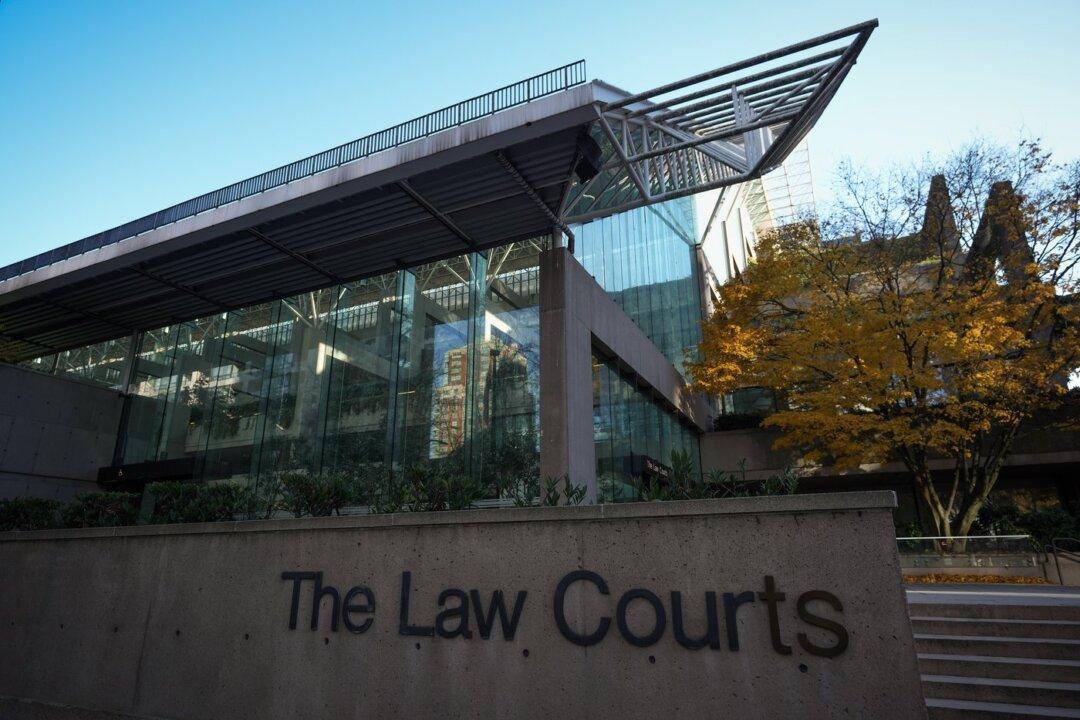Several B.C. politicians are speaking out against a Dec. 29 court decision that blocks provincial laws designed to curb public consumption of illegal drugs.
“In case you were worried about the modest rule of not being allowed to use fentanyl in playgrounds, a judge is there to stop the ‘irreparable harm’. Pathetic!” Port Coquitlam Mayor Brad West posted on X on Dec. 29.





